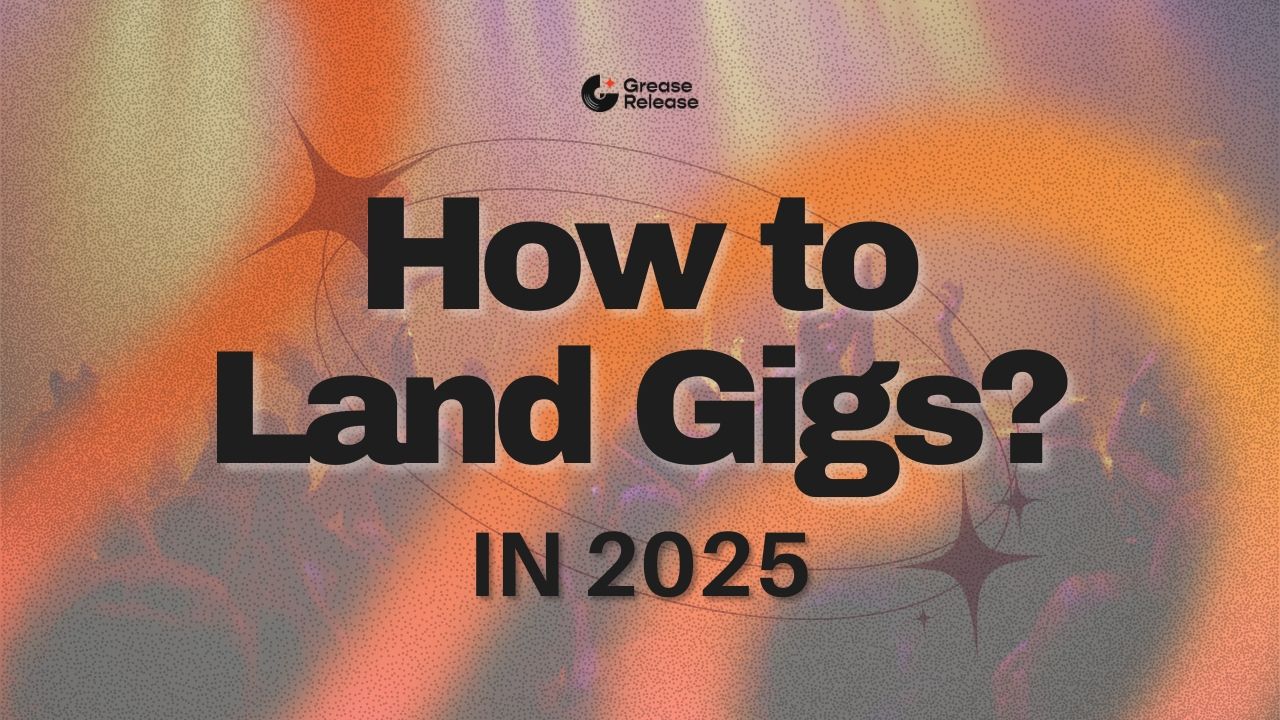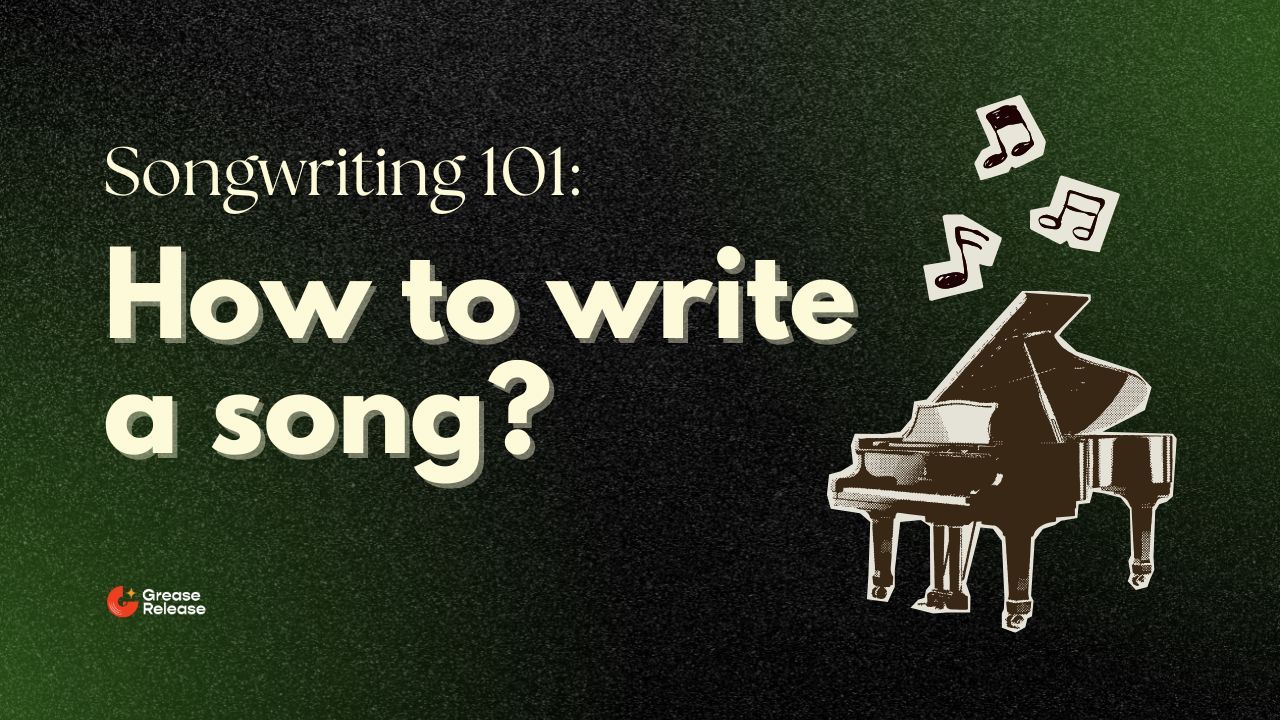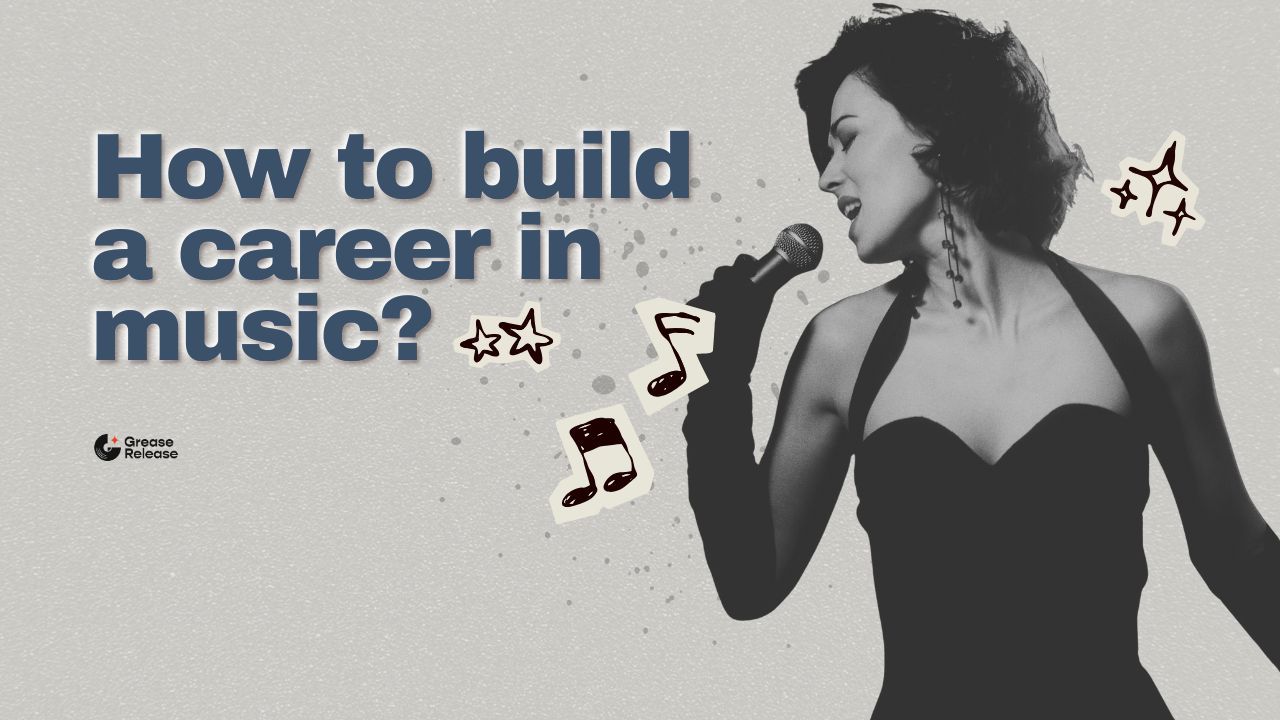
How to Build a Career in Music in 2025
Oct 01, 2025How to Grow Your Music Career in 2025
So, you dream of turning your passion for music into a full-time career? You’re not alone. Thousands of new artists step into the industry every year, but only a few make it last. In 2025, breaking into music requires strategy, consistency, and the right mindset. But don’t worry, we’ve got it all covered here!
The music world is changing faster than ever. With streaming platforms, social media, and even AI reshaping the landscape, opportunities for musicians are bigger than ever in 2025. But at the same time, competition is also at its peak. If you’re serious about building a music industry career, you need a clear roadmap.
This guide will walk you through step by step from figuring out what type of musician you want to be, to building your brand, finding gigs, growing online, and earning an income. Whether you’re just starting out or already in the game, these strategies will help you create a sustainable career in music.
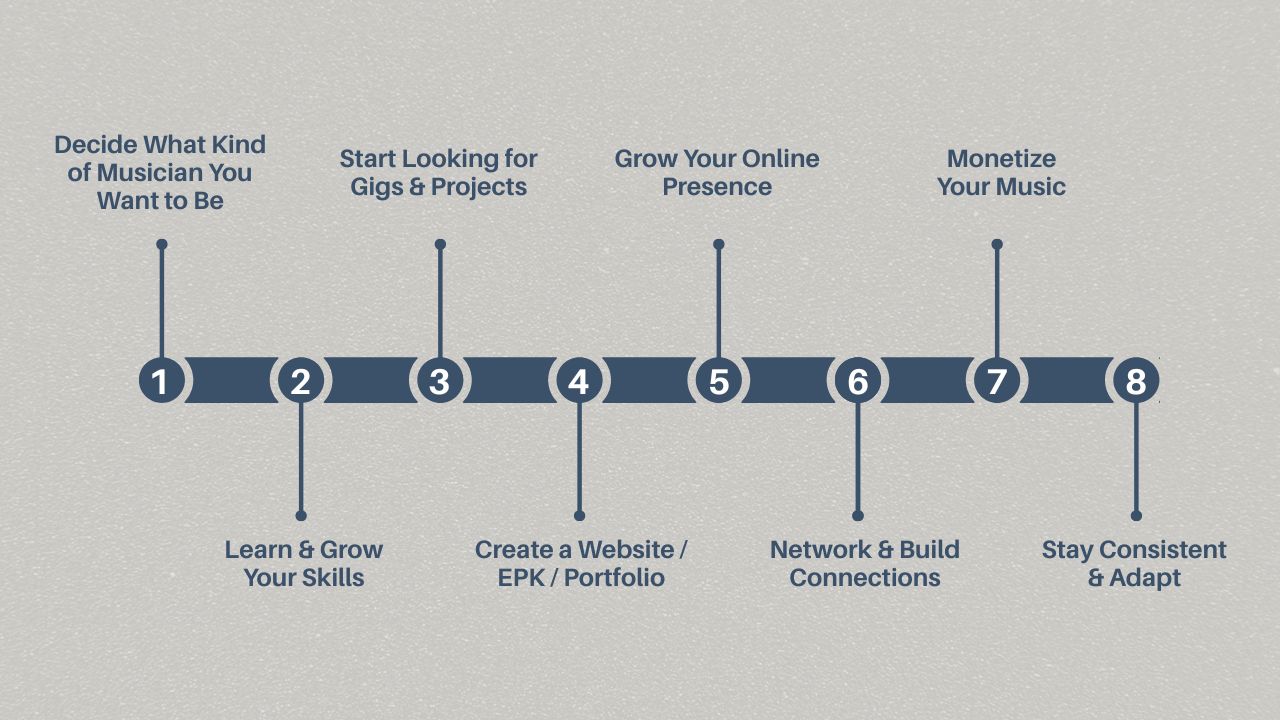
In this blog, we’re breaking it all down:
- Decide What Kind of Musician You Want to Be
- Learn & Grow Your Skills
- Start Looking for Gigs & Projects
- Create a Website / EPK / Portfolio
- Grow Your Online Presence
- Network & Build Connections
- Monetize Your Music
- Stay Consistent & Adapt
- FAQs
- Conclusion
Step 1: Decide What Kind of Musician You Want to Be
The first step in building a strong foundation for your future is clarity. The career of musician looks different depending on the path you choose. Some artists thrive on stage, while others prefer the studio.
Common Musician Roles to Consider:
- Singer / Vocalist – Great for those who want to be in the spotlight.
- Songwriter – Write music for yourself or other artists.
- Producer – Create beats, instrumentals, and soundscapes.
- Instrumentalist – Specialize in guitar, drums, piano, or other instruments.
- Performer / Touring Artist – Travel and play live shows.
- Session Musician – Support other artists in recordings or live gigs.
- Composer – Write music for films, ads, or games.
Think about your strengths, personality, and lifestyle. Do you want to be on tour for months, or do you enjoy creating music behind the scenes?
Pro Tip: Make a list of your strengths and compare them with each role to find the best fit.
Step 2: Learn & Grow Your Skills
Once you know what type of musician you want to be, the next step is sharpening your skills. A music career depends heavily on how good you are at your craft.
Master Your Craft
- Take lessons from professionals (online or offline).
- Learn music theory to strengthen your foundation.
- Stay updated on tools and software (DAWs like Logic, Ableton, or FL Studio).
- Understand how AI and new tech tools are impacting production.
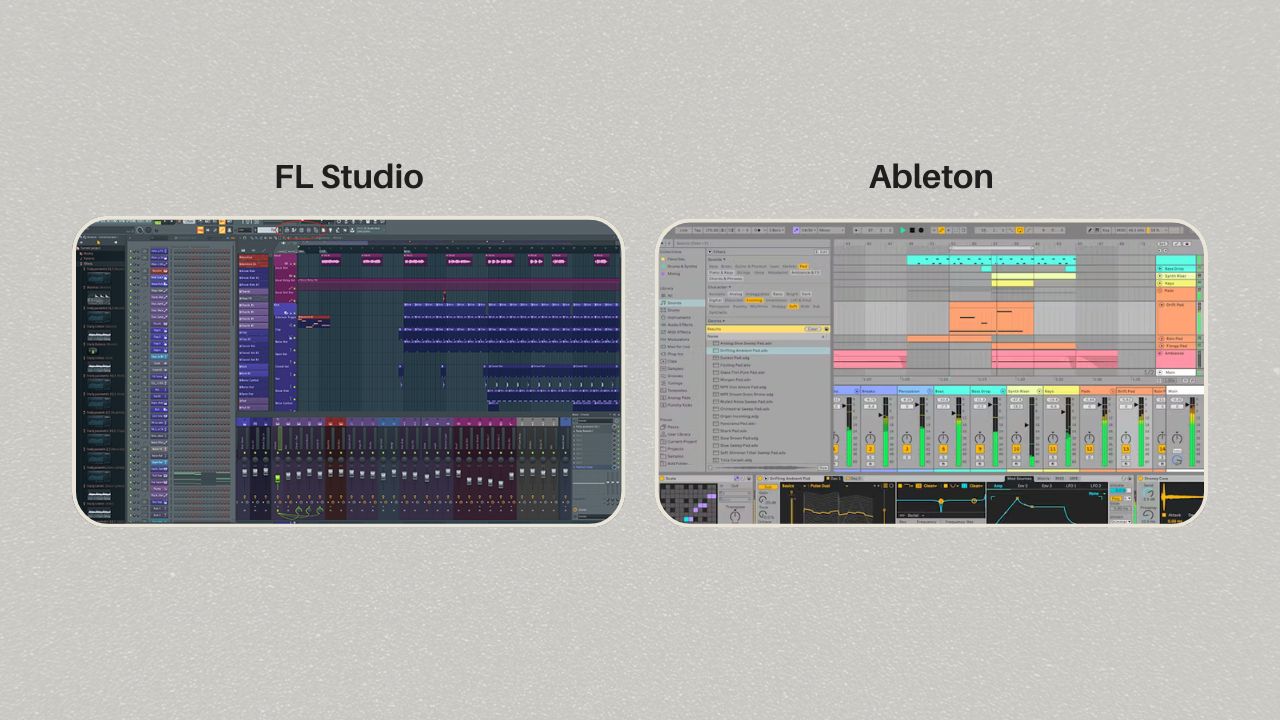
Practice Consistently
- Set a fixed practice routine (daily or weekly).
- Record yourself and analyze areas for improvement.
- Join feedback groups or mentorship programs.
Pro Tip: Don’t compare your progress with others. Focus on becoming 1% better every day.
Step 3: Start Looking for Gigs & Projects
Learning is essential, but experience is the real teacher. Gigs and projects are where you build credibility and connections in the career as a musician.
Depending on Your Role:
- Singers/Performers → Look for open mics, local bars, and live events.
- Producers → Sell beats on platforms like BeatStars, collaborate with indie artists.
- Songwriters → Pitch songs to publishers or sync licensing agencies.
- Instrumentalists → Offer session work for studios and live bands.
Where to Find Gigs in 2025
- Freelance Platforms: Fiverr, SoundBetter, Upwork.
- Networking Hubs: Discord communities, Reddit groups, Clubhouse rooms.
- Local Scene: Festivals, college events, talent hunts.
Pro Tip: Don’t just wait for “big” gigs - small, consistent projects build your reputation faster.
Step 4: Create a Website / EPK / Portfolio
In today’s digital-first world, you need a professional online presence beyond just social media. A good, effective EPK acts as your business card in the music industry career.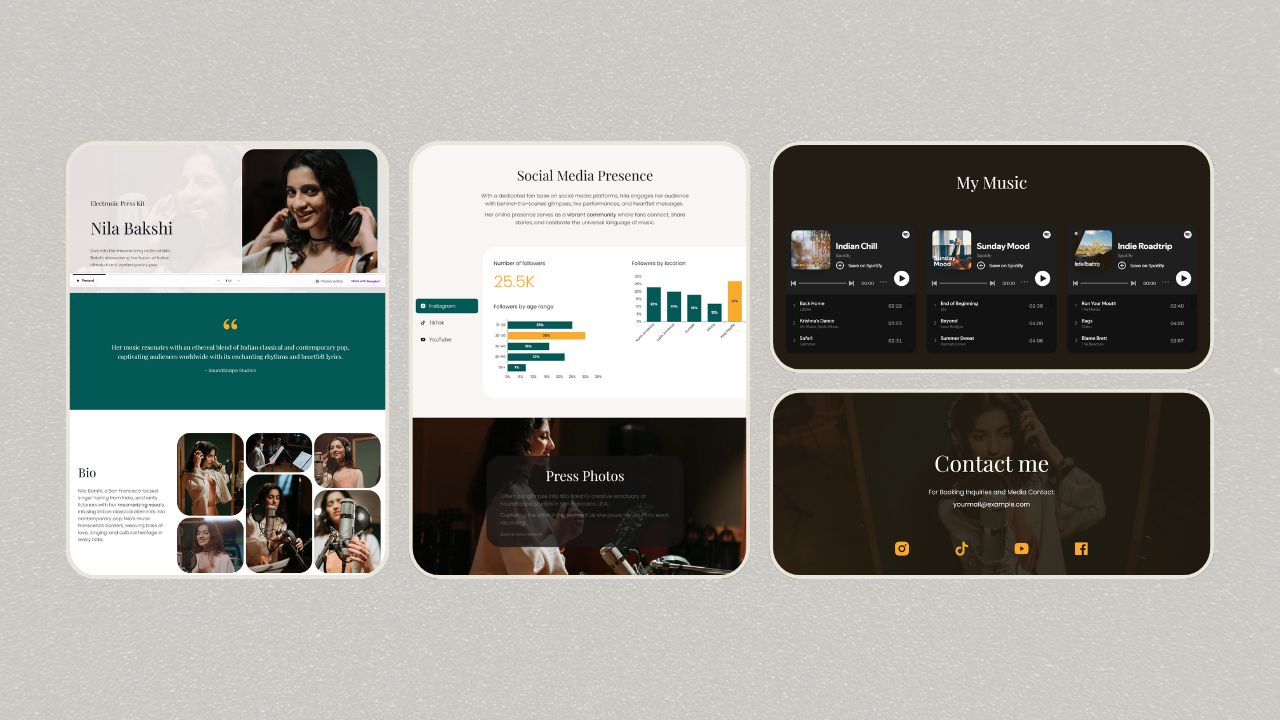
Why It Matters
- Helps promoters, managers, and collaborators take you seriously.
- Central hub for your music, photos, videos, and press coverage.
What to Include in Your Portfolio
- Short bio + high-quality professional photos.
- Music samples (Spotify, YouTube, SoundCloud embeds).
- Performance videos.
- Testimonials or press mentions.
- Contact form for bookings.
Easy Tools to Build One
- Wix
- Squarespace
- Bandzoogle
Pro Tip: Keep your website updated. Outdated bios and broken links can cost you opportunities.
Step 5: Grow Your Online Presence
If you want to build a career as a musician that reaches beyond your city, social media is your stage. In 2025, attention is currency, which is why it is important to build a strong online presence.
Social Media Strategy
- Pick 1–2 platforms to focus on (TikTok, Instagram, YouTube).
- Share a mix of content: covers, behind-the-scenes clips, tutorials, live moments.
- Use trends smartly but maintain your unique identity.
- Engage with your followers through Q&A, polls, and live sessions.
Streaming Platforms
- Release your music on Spotify, Apple Music, YouTube Music.
- Use distributors like DistroKid, CD Baby, or TuneCore.
- Pitch to playlists (editorial and independent).
Pro Tip: Don’t chase vanity metrics. A small, loyal fanbase is more valuable than millions of passive followers.
Step 6: Network & Build Connections
In the music world, who you know is often as important as what you know. Networking can make or break your music industry career.
Ways to Network in 2025
- Attend live shows, workshops, and music festivals.
- Join online music forums, Discord servers, and niche communities.
- Collaborate with other artists (split credits = shared audiences).
- Approach managers, PRs, and booking agents with a professional introduction.
Pro Tip: Networking is about giving, not just taking. Offer value before asking for opportunities.
Step 7: Monetize Your Music
Building a career in music also means making money. Luckily, musicians today have more income streams than ever before.
Main Revenue Streams:
- Streaming & Sales: Spotify, Bandcamp, iTunes.
- Live Performances: Ticketed shows, residencies, corporate gigs.
- Merchandise: T-shirts, vinyls, exclusive digital collectables.
- Teaching: Online lessons, workshops, Patreon memberships.
- Sync Licensing: Music for films, ads, and video games.
Pro Tip: Diversify your income streams. Relying on just one (like streaming royalties) isn’t sustainable.

Step 8: Stay Consistent & Adapt
The most successful musicians aren’t always the most talented, they’re the most consistent. Your music career will thrive if you can adapt to trends while staying authentic.
Keys to Longevity
- Release music regularly (singles work better than albums for beginners).
- Track your analytics (Spotify for Artists, YouTube Studio).
- Experiment with new formats (short-form content, AI collabs, live streaming).
- Treat your career like a business: budget, reinvest, and set goals.
Pro Tip: Think long-term. Success in music is a marathon, not a sprint.
FAQs About Building a Career in Music
1. How do I start a music career with no money?
You can start small by using free DAWs (like FL Studio, Audacity or GarageBand), uploading music to platforms like SoundCloud, and promoting yourself on social media. Collaborate with local artists and take advantage of free tutorials online. As you grow, reinvest any earnings into better gear and distribution.
2. Do I need a degree to build a career in music?
No, a formal degree isn’t necessary. Many successful musicians are self-taught. What matters more is skill, consistency, networking, and audience connection. However, music schools or online courses can accelerate your learning and give you valuable industry contacts.
3. How long does it take to make money from music?
It depends on consistency, effort, and chosen path. Some musicians start earning within months through gigs, teaching, or streaming, while others may take years. The key is to diversify income sources, from live shows to sync licensing, and treat your journey as a long-term investment.
4. Is social media really important for musicians in 2025?
Absolutely. Social media is the fastest way to reach and grow an audience without gatekeepers. Platforms like TikTok, YouTube, and Instagram can help you go viral, connect with fans, and even attract industry attention. A strong online presence is essential for a modern career in music.
5. Can I balance a full-time job with a career as a musician?
Yes. Many musicians start by pursuing music part-time alongside a day job. The key is setting realistic goals, dedicating consistent hours each week, and gradually transitioning when your music income becomes stable enough. It’s a smart way to reduce financial pressure while building your craft.
Conclusion
Starting and building a music industry career in 2025 is both challenging and exciting. With the right mix of clarity, skill, networking, and adaptability, you can turn your passion into a sustainable path.
If you’re wondering how to start a career as a musician, remember: the first step is simply beginning. Pick your path, practice consistently, show up online, and put yourself out there.
A career of musician may not look the same for everyone, but with persistence and strategy, it can absolutely be yours.
So don’t wait. The stage is already set. All that’s missing is you.
We at GreaseRelease, have a bunch of curators on our network who are looking for new & exciting music to push on their massive playlists. If you make music and want to reach a wider audience, check out our submission platform and get a chance to reach millions of listeners! Submit your tracks now!
Don't miss my newsletter!
Join me on a music entrepreneurship journey with new tips and tricks delivered straight to your inbox.
We hate SPAM. We will never sell your information, for any reason.

